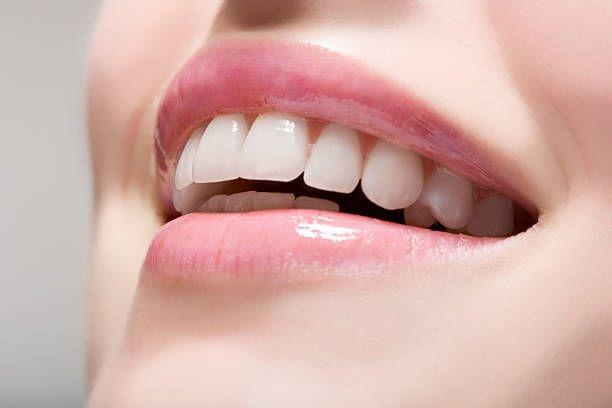Half of UK Adults Over 50 Suffer from Vitamin D Deficiency, Sparking Health Crisis
Dr Fazeela Khan-Osborne, a pioneer in implant and restorative dentistry, plans to offer Vitamin D tests to all her patients aged over 50 following research indicating that 45% of this age group suffer from a deficiency of the essential nutrient known as the sunshine vitamin.

The top dentist has bought a £2500 device to incorporate the test into regular patient check-ups, serving as an early alert system to safeguard against potential bone and muscle issues.
She is urging all dentists serving older patient populations to embrace this approach to aid in keeping bones, teeth, and muscles healthy.
Dr Fazeela, who has operated her Harley Street practice, One-to-One Dental, for more than three decades, disclosed: "Levels of Vitamin D often decrease in post-menopausal women and as people age."
This is concerning because this particular vitamin plays a crucial role in aiding your absorption of calcium, keeping bones strong, and supporting immune function as well as the body’s capacity to fight off illnesses like gum disease.
In the realm of dental care, vitamin D plays a crucial role in decreasing bone loss and assisting with the absorption of calcium. This is particularly significant for combating gum disease and infections, as well as promoting bone development around implants.
We are going to make Vitamin D tests routine starting next month for both implant recipients and individuals aged 50 and above. This test will be integrated as a regular component of our assessment procedure.
It’s a straightforward traffic light test featuring red, amber, and green stages that can notify you about whether your vitamin D levels are close to the recommended range of 30-50 nanograms/millilitre.
A lack of Vitamin D may result in various health problems, mainly affecting bone health, causing muscle weakness and leading to fatigue.
Dr Khan-Osborne added: “It is such an easy and common deficiency to fix – it can be easily integrated through diet, sun exposure and nutritional supplements.
We suggest taking Vitamin D3 Cholecalciferol as a daily supplement, as it has demonstrated effectiveness in increasing vitamin levels within the body.
It can be integrated seamlessly through increased consumption of fish, eggs, cod liver oil, and other vitamin D-fortified foods; however, we've observed that patients tend not to maintain this habit.
Exposure to sunlight is another straightforward method to boost vitamin D levels; nonetheless, this may pose challenges for individuals with darker skin tones who often spend less time outdoors, as well as older adults who might experience greater difficulties with mobility.
It generally impacts individuals above the age of 60, hence ensuring they take their daily vitamins can aid in preventing bone and muscle issues while enhancing overall well-being and health.
We determined that highlighting this awareness is crucial as we strive to combat gum disease and focus on our implant work, where the ability to build up bone is essential.
Gum disease is a complex condition wherein loss of bone occurs as the teeth get loosened. By enhancing vitamin D levels, sustaining bone health, and combating diseases, we can aid in keeping your teeth intact over time and fortify your bones.
I am firmly convinced that every implant dentist should adopt this practice. This is particularly important in areas like Bournemouth, which has a significant elderly population, leading to a higher number of patients likely deficient in vitamin D.
In my clinic on Harley Street, at least 25% of my patients are over 50, and since we focus on dental implants, implementing this testing was an essential move.
Dr Fazeela is widely respected for her work in enhancing dental education and training. As a previous lead tutor for the Implant Diploma programme at the Royal College of Surgeons, Dr Khan-Osbourne also delivers lectures globally on the subject of implant dentistry.

Posting Komentar untuk "Half of UK Adults Over 50 Suffer from Vitamin D Deficiency, Sparking Health Crisis"
Please Leave a wise comment, Thank you